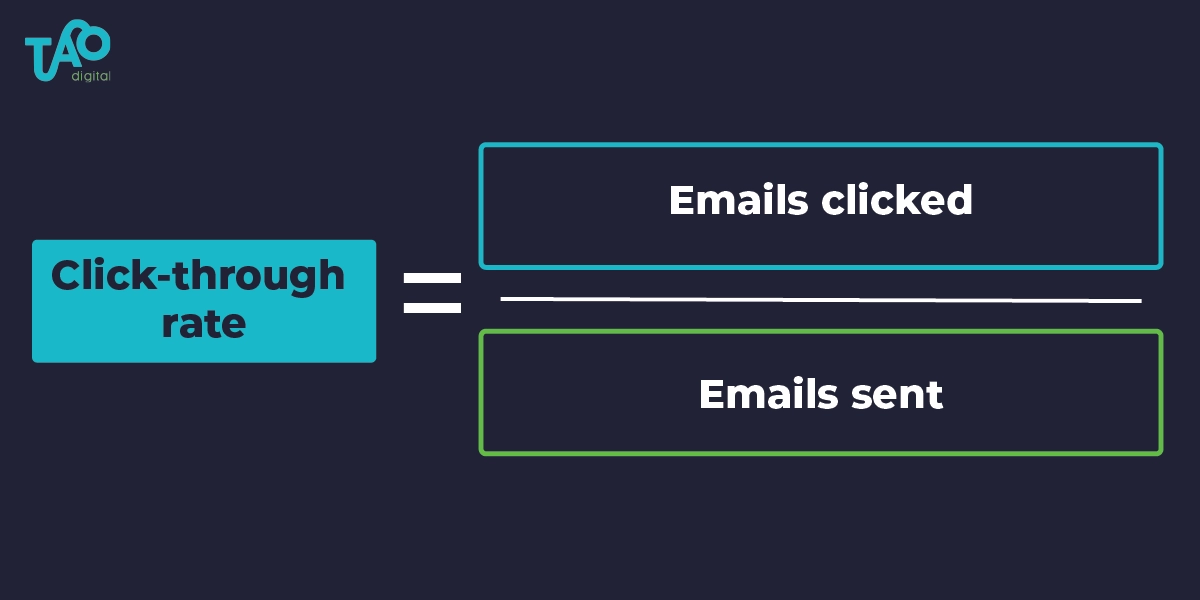30/07/2025
Matt Tomkin
How to Find Your Insurance Broker’s Target Audience Online

The bedrock of all marketing is identifying your target audience and promoting directly to them. If you’re not capturing your target audience, any traffic you gain is from people who aren’t going to buy your insurance policy in the first place.
Insurers spend countless millions on not just finding their target audience but consistently repositioning their insurance marketing campaigns to avoid them slipping away. So, what do you need to know about finding your target audience?
Why finding your target audience online is crucial
Many marketers have no idea who their target audience is, and certainly don’t have high-quality data on them. According to one marketing survey, just 65% of marketers said they possessed high-quality data on their target markets.
Discovering who your target audience is and where they are is critical to the success of any brokerage, and here’s why:
Ultimately, the more you know about your target audience, the more it will inform your decision-making, and that only leads to a more profitable marketing department for your brokerage.
Find out about the best practices for insurance broker digital marketing.
What is the typical target audience for an insurance broker?
Your typical target audience is the one that your services target directly. The good thing about insurance is that the relationship is as straight as an arrow. Your ideal client is the one directly served by your product.
For example, if you’re a car insurance broker, your target audience is obviously someone who owns a car. If you’re selling convenience store insurance, your audience is convenience store owners.
Of course, it’s more complex than that. Someone looking for car insurance might be looking for comprehensive insurance if they have a family. In contrast, young drivers who have just passed their tests usually just look for the cheapest policy.
The challenge for insurance brokers is continuing to align their products with an audience whose needs are constantly changing, and that’s where so many brokers start falling short.
How to define and segment the target audience for a brokerage online
Due to the strength of the UK market in general, insurance brokers have an enormous market to choose from nowadays.
For example, did you know that 43% of SME insurance policies are now purchased through brokers, rather than through insurers?
Taking advantage of this means defining who your target audience is and segmenting your campaigns to better speak to the individuals within that audience. Here’s a breakdown of how to do it.
Define what your target customer is like
Before you begin your insurance content marketing strategy, or any other kind of insurance marketing approach, list the characteristics of your ideal customer. These are customer personas, consisting of pre-established ideas of who your perfect customer is. Much of this will depend on the products your brokerage sells.
For example, you might be targeting policies at a specific socio-economic background or a particular part of the UK. Likewise, your policies may be tailored to those with a specific issue.
The idea at this stage is to build those personas, so that you have your perfect customer and any marketing campaign will be aimed at those who’re 100% interested in what you’ve got to offer.
Deciding on target customer values
The same market can have customers all with different needs. You can’t answer every need, so you have to consider those needs you can serve.
It might be that your brokerage specialises in affordable, low-cost policies. Alternatively, you may be someone who wants to stand out through the strength of your customer service. Likewise, other parts of your audience may prefer brokers with strong automation and tech-powered services.
So, what does the customer want that your insurance firm provides?
Talk to your customers
The quantity of spending means nothing if you aren’t pushing the right buttons. With insurance companies spending up to 10% of revenues on marketing, this is something you must get right immediately. Take the time to speak to your customers to find out what buttons you have to push to get them to buy.
You’ve got multiple sources of information here:
Talk to them about their experiences, what they like, and what they don’t like. Yes, it’s a data-gathering exercise, but it also has the dual benefit of showing how much you care about your customers.
Establish key segmentation criteria
All marketing can be parsed down to data. The more data you have, the more accurate and reliable your insights will be. It’s an ongoing process that should be regularly reviewed and interpreted to confirm that your insurance marketing direction remains relevant.
Most insurance brokers will have several ideal customer personas. You can’t hit everyone at once, so building tailored campaigns for each persona is crucial. Let’s start with different segmentation criteria:

Countless tools exist to automate this process and draw trends from your current and previous customers.
Target, deploy, and test
The final step is to build your marketing campaigns based on the data you have. It’s an ongoing process, and you shouldn’t expect every insurance campaign to lead to a whirlwind of policy purchases.
Creating highly targeted campaigns based on your segmented audiences means implementing robust A/B testing. Over time, you’ll gradually find out which elements have the most impact, until your returns start to improve.
Build an online growth strategy with Tao Digital
Finding your target audience, segmenting it, and then creating campaigns that make an instant impact on your bottom line is a long-term process that insurance brokers spend thousands on. It’s an in-depth process that takes away from the work of serving your customers and running your business.
At Tao Digital, we support the UK’s insurance brokers in connecting with their target audience wherever they are. With the help of our marketing experts, we’ll accelerate the process and ensure that every pound spent counts. To learn more about how we can help you reach your people, contact us and let’s have a chat.










